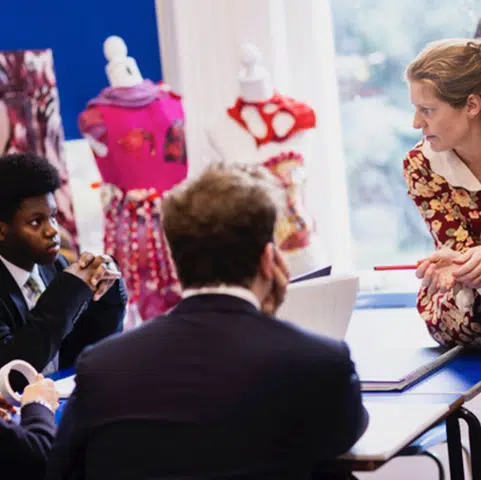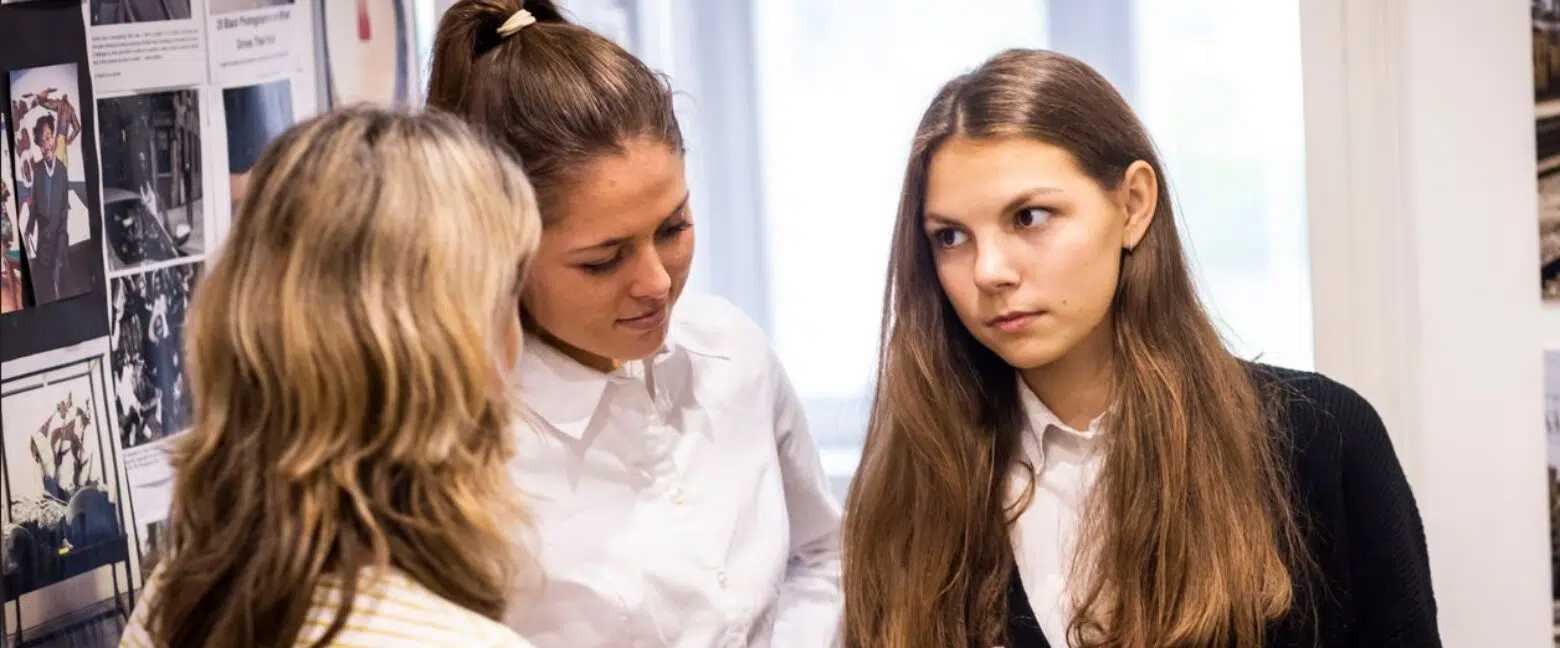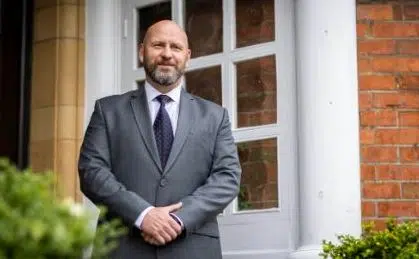Today – 27 January – is Holocaust Memorial Day in the UK and I had the honour of representing the school along with Zoe, Fabian and Kaya at the event to mark this occasion in the Folkestone Garden of Remembrance. As you will know, memorial is common to our lives in Folkestone: as a major stepping-off point for the troops heading to France in the First World War, we see poignant markers of those times around us daily. This event is equally important; memory exists not so that we can reflect fondly on sunny times, but so that we can recall and learn.
Holocaust seems to be unfathomable. How on earth did we get to the point where one group of people were working determinedly and industrially to the aim of the outright eradication of another? How did murder become a national policy? The leap from daily life to those horrors defies imagination. It seems so inhuman. Yet history reminds us – there is that word again – that this kind of atrocity is all too human. As well as the Holocaust of the Second World War, today we, and students from a range of local schools, recalled similar events in Cambodia and Rwanda; Bosnia and Darfur. Genocide seems to be an almost ineradicable and inevitable human trait. I am reminded of Solzhenitsyn: ‘The line separating good and evil passes not through states, nor between classes, nor between political parties either – but right through every human heart – and through all human hearts. This line shifts. Inside us, it oscillates with the years.’ What is common to all genocides is the ability to see another group: ethnic, racial, national, religious or however it is defined, as both different and less than us. It is therefore all the more important to teach our students to embrace difference where it exists, and recall that we all share a common humanity.
I hope this next anecdote does not appear trivial; it is certainly not meant to be. I used to live in New Zealand – I have dual UK and NZ citizenship – and one week I went, as I enjoyed doing, to watch my local team, Canterbury, play against Auckland. Zinzan Brooke was a key player in the Auckland team at the time, and to put him off his game – or try to – the local crowd booed and jeered and abused him. A week or two later, he was back on the same pitch, this time wearing the jersey of the national team, as the All Blacks hosted England who were on tour. This time, the same supporters cheered and applauded whenever he touched the ball. Abuse turned to adoration, just because he changed his shirt. I was awed. If we can be so easily swayed by a piece of cloth, what then when ethnicity or religion are the topic?
Solzhenitsyn continued: ‘And even within hearts overwhelmed by evil, one small bridgehead of good is retained.’ I certainly hope so. That is one reason why being a teacher is a blessing, just as being a parent, carer, guardian, nurse, house manager or in any such position is a blessing. I was proud to have Zoe, and Fabian, and Kaya by my side today, and to see the small bridgehead of good in them. I hope it never crumbles.
This letter comes with my very best wishes for a peaceful and safe 2022.
Joss Williams, Head Teacher


